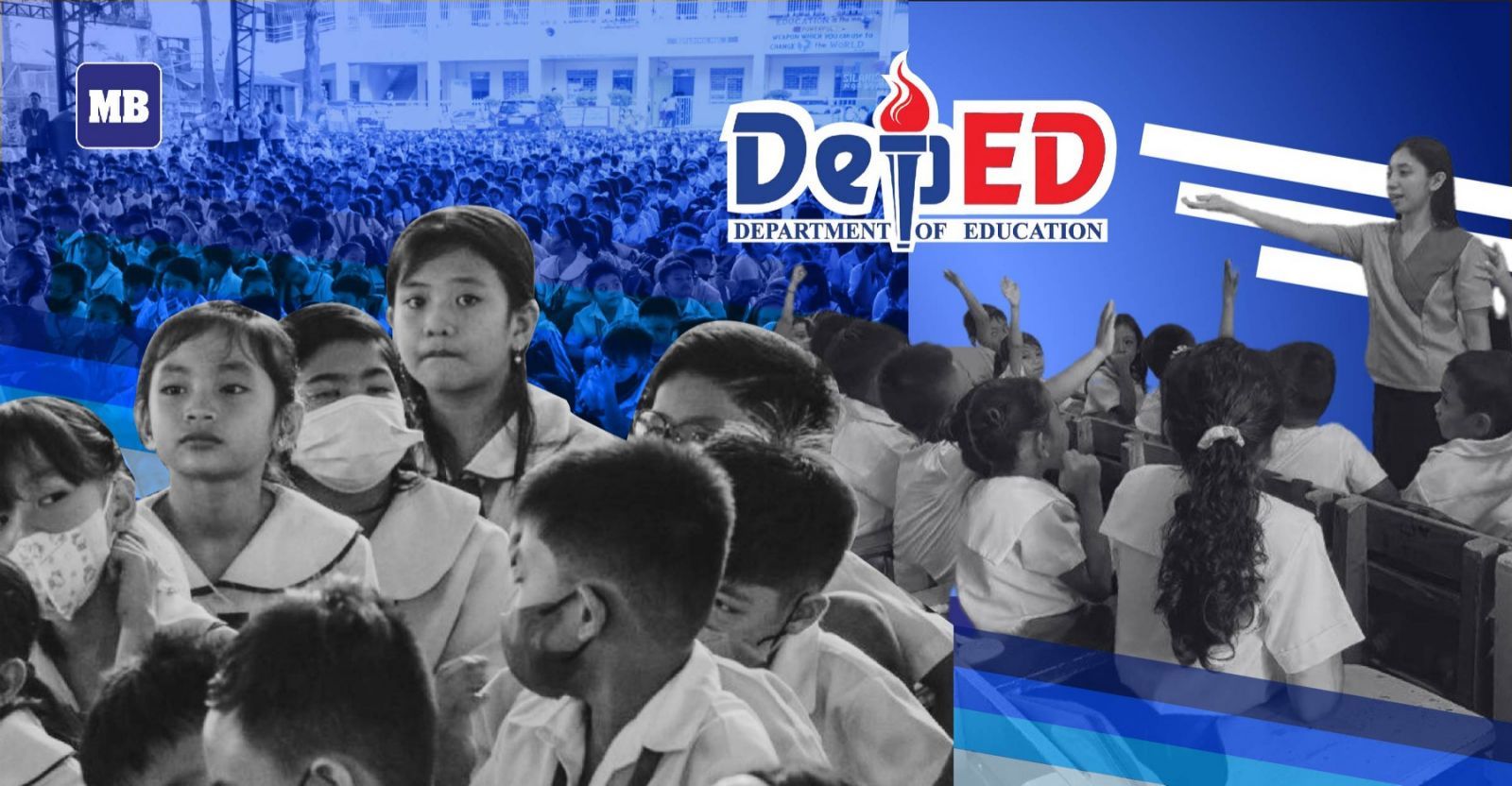DepEd urged to address lack of anti-bullying policy in over 10,000 schools
Hiring of guidance counselors, amendments to anti-bullying implementing rules pushed
The Department of Education (DepEd) has been urged to address the absence of anti-bullying policies in over 10,000 schools nationwide to ensure the provision of safe and secure learning environments.

The status of anti-bullying policies in DepEd schools was discussed during a House of Representatives Committee on Basic Education hearing, chaired by the Second Congressional Commission on Education (EDCOM 2) on Wednesday, Nov. 13.
DepEd officials stated that 10,018 public schools lack a localized anti-bullying policy, despite being required by Republic Act 10627.
Impact of bullying on learning
According to data presented by EDCOM 2 Executive Director Karol Mark Yee, the impact of bullying on student performance was highlighted.
Citing data from the Trends in International Mathematics and Science Study (TIMSS), it was revealed that Grade 4 students who experienced bullying showed significant declines in their performance in both math and science.
“Students who were never bullied scored 351 in math, while those who reported being bullied weekly scored 269,” Yee said. “In science, those who were not bullied scored 318, while those who reported being bullied weekly scored 214,” he added.
Yee pointed out that “aside from depriving our students of a safe school environment, bullying has tangible effects on student outcomes.”
“As we can see with the TIMSS 2019 data, student performance in the classroom is severely affected,” he added.
Various international assessments, including the Programme for International Student Assessment (PISA) and the Southeast Asia Primary Learning Metrics (SEA-PLM), have also indicated that the Philippines has the highest prevalence of bullying.
EDCOM 2 noted that in 2022, data showed that 43 percent of girls and 53 percent of boys reported being victims of bullying at least a few times a month.
This, EDCOM 2 noted, is “double” the Organisation for Economic Co-operation and Development (OECD) average of 20 percent for girls and 21 percent for boys.
Lack of guidance counselors
EDCOM 2, in previous hearings, flagged the severe lack of guidance counselors nationwide.
Yee pointed out that, according to EDCOM's calculations, it would take 14 years to close the gap in the number of guidance counselors at the current rate of production in the country.
DepEd reported that there are 4,460 guidance counselor vacancies nationwide, with certain regions—specifically MIMAROPA and Region 8—having had no graduates in Master’s in Guidance and Counseling since 2018.
EDCOM Co-Chairperson Rep. Roman Romulo explained that one of the key concerns of the Commission is the shortage of guidance counselors.
Romulo said the enrolled bills (SBN 2200 and HBN 6574) have already been submitted to Malacañang on Nov. 12.
“Under the new Mental Health and Well-Being Act, we will now allow not only guidance counselors (who are required to have Master’s degrees), but also psychologists and graduates of allied courses with at least 18 units in behavioral science,” he said.
Romulo noted that the career path for registered guidance counselors or psychologists is now “clearer.”
Under the proposed measure, he explained, the salary grade will range from SG 16 to 24. “We now have thirty days—either it will lapse into law, be signed, or be vetoed,” he said.
Amend anti-bullying IRR
Citing studies and consultations conducted by EDCOM 2, Romulo noted that the law enacted in 2013 is “not the problem.”
“The problem lies with the IRR of DepEd [DepEd Order No. 55, series of 2013]. The law itself is good, but the IRR needs to be amended,” he added.
During the hearing, EDCOM shared its initial recommendations to revise the IRR, arising from extensive consultations with teachers, parents, and students nationwide.
EDCOM 2’s recommendations include clearly defining the different types of bullying and the prohibited acts related to each; ensuring that each school has a localized anti-bullying policy; formalizing the Learner Rights Protection Office; providing training to guidance designates, teachers, parents, and learners to enhance awareness of bullying; and providing funds to implement school-based efforts against bullying.
Romulo emphasized that amending the IRR of DepEd Order No. 55 is “crucial” to EDCOM 2’s mission.
“We remain committed and hopeful that DepEd, with the help of the Commission, can resolve the issues with the IRR to support students in our schools and provide the safe, protected spaces for learning that each and every Filipino learner deserves,” he added.